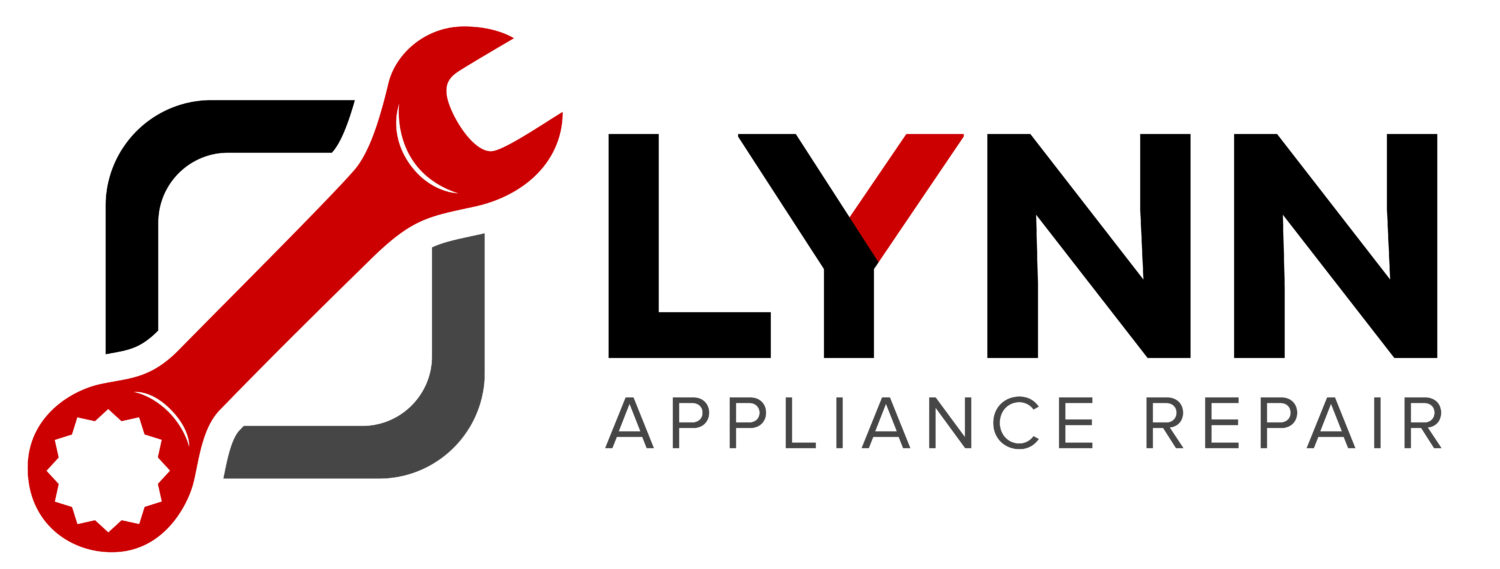Appliance Safety Tips
The appliances inside a house can make your life much easier, but when you operate household appliances the wrong way, they might pose noticeable health risks. It is important to protect your appliances and ensure that they will not become hazards by following these household appliance safety suggestions from Lynn Appliance Repair.
The professional tips in this post can help prevent fires and injuries from appliances. Even still, hazards could still occur. If an appliance has issues or starts to malfunction and becomes a danger, reach out to a professional appliance repair CITY.
Install GFCI Outlets in Wet Locations in Your Home
Laundry rooms, kitchens, entry ways, bathrooms, basements, mud rooms, garages and outdoor areas are susceptible to moisture or water. Of course, electricity and moisture don’t mix, therefore electrical cords and wires should always be plugged into ground-fault circuit interrupters (GFCIs).
This special type of outlet can prevent electrocution by tripping the circuit when any inconsistencies in electricity occur.
If you do not already have GFCI outlets in wet areas around your home, now is the time to install them or call an electrician in CITY. After that, for safety measures, follow the warnings of appliance manuals that note that an appliance is not meant for outdoor use.
Wires, Electronics & Outlets Far Away From Wet Areas
Several appliances are specifically manufactured for the outdoors, like gas and charcoal grills, for example. If you make us of any electrical appliances outside – including dishwashers, refrigerators, freezers and ice makers, power tools and others – ensure that all of the outlets and plugs are not wet. Using weatherproof electronics help, in addition to GFCI outlets with gaskets that are water-tight.
Extension Cords are a Temporary Option
An extension cord poses several evident risks, this includes:
The likelihood of a loose connection that could cause sparks and start a fire.
The likelihood of power inconsistencies that can break the appliance.
Increased susceptibility to moisture penetration that can cause electrocution.
The potential for wires overheating and turning into a fire hazard when an insufficient extension cord is used for a high-power appliance.
When determining an extension cord for temporary use, be sure it’s the correct gauge for the electrical equipment in question. The lower the gauge, the greater the wire size. For example, a simple extension cord for a radio will have a 16-gauge wire while a longer cord for a AC unit needs a 12-gauge wire.
Length is also a factor. The longer the cord, the more power is gone enroute, also known as voltage drop. Shorter extension cords are advised for power tools and equipment.
Always Be Sure to Read the Manual for Any Appliance You Purchase
It’s simple to assume that you know how to use a brand new dishwasher or washing machine without consulting the operating manual, but consulting the manufacturer guidelines is necessary for many reasons:
You should find out whether your house’s wiring is good enough to power the appliance. You may need to install a circuit to stop overloading any existing ones.
You learn about complicated features you might not otherwise have known about.
You understand if the appliance is safe for outdoor use or not.
You don’t have the extreme stress that can come from attempting to operate a appliance with no instructions!
Unplug Small Appliances in Your Home When Not in Use
You are able to stop unnecessary energy use by unplugging them when you aren’t using them. This is because small appliances often include LED signals, clocks and other energy-consuming features while in standby mode.
Unplug televisions, monitors, internet routers, video game systems, phone chargers and more to cut back on unnecessary energy use. But remember, it is a good idea to keep DVRs and similar devices plugged in to not miss their automatic background functions.
For even more tips on ways to use home appliances safely, or to schedule a professional appliance repair service, please contact Lynn Appliance Repair. We can fix all common household appliances!
OTHER RESOURCES:
Appliance Repair Cost
DIY Appliance Repair Tips
Repair or Replace Appliances
Refrigerator Parts
Home Services Campaign Disclaimer: This site is a free service to assist homeowners in connecting with local service providers. All contractors/providers are independent and this site does not warrant or guarantee any work performed. It is the responsibility of the homeowner to verify that the hired contractor furnishes the necessary license and insurance required for the work being performed. All persons depicted in a photo or video are actors or models and not contractors listed on this site.
Copyright ©2025 | Lynn Appliance Repair
